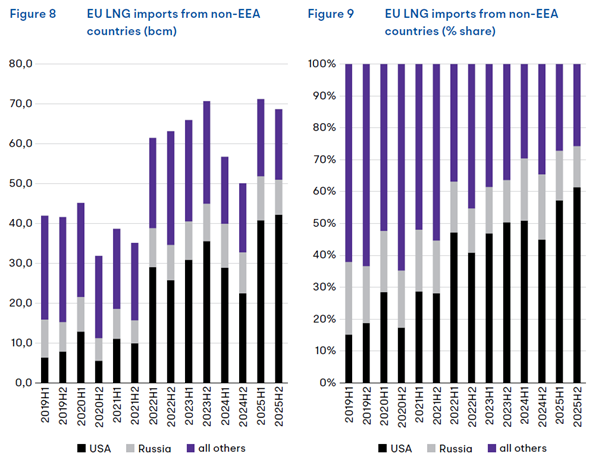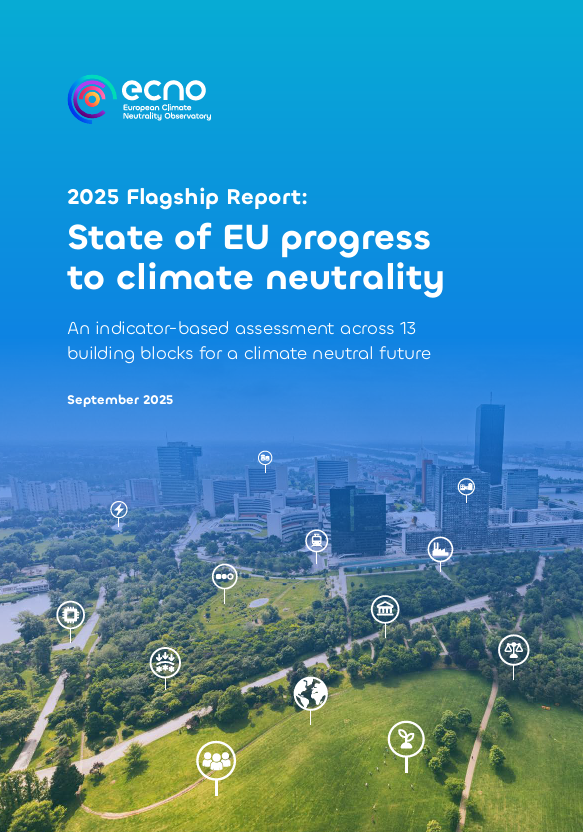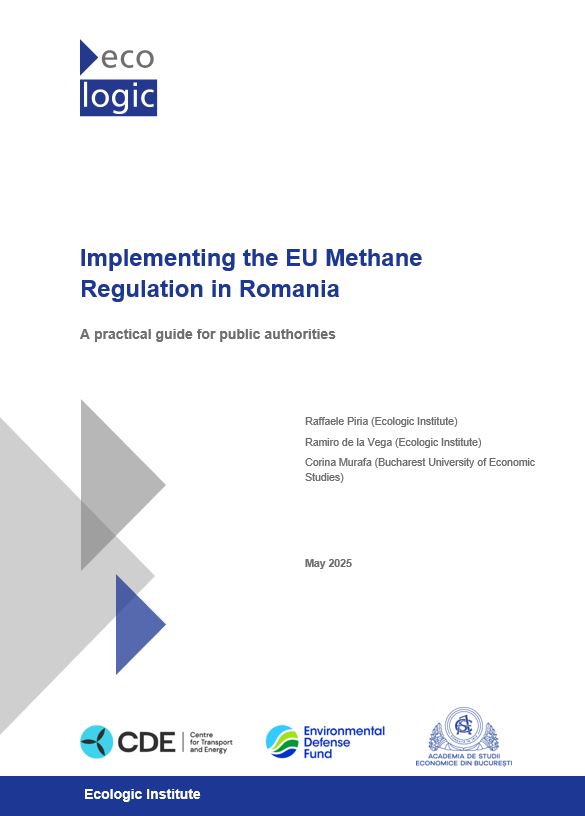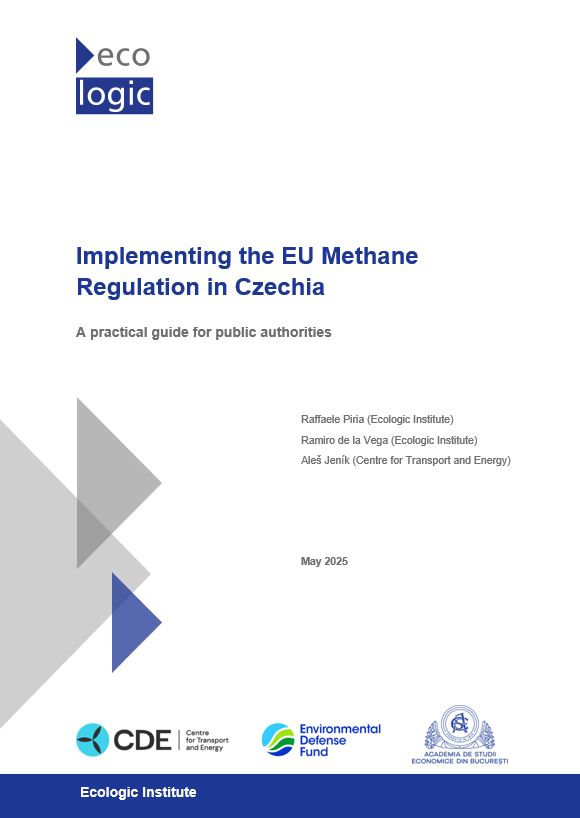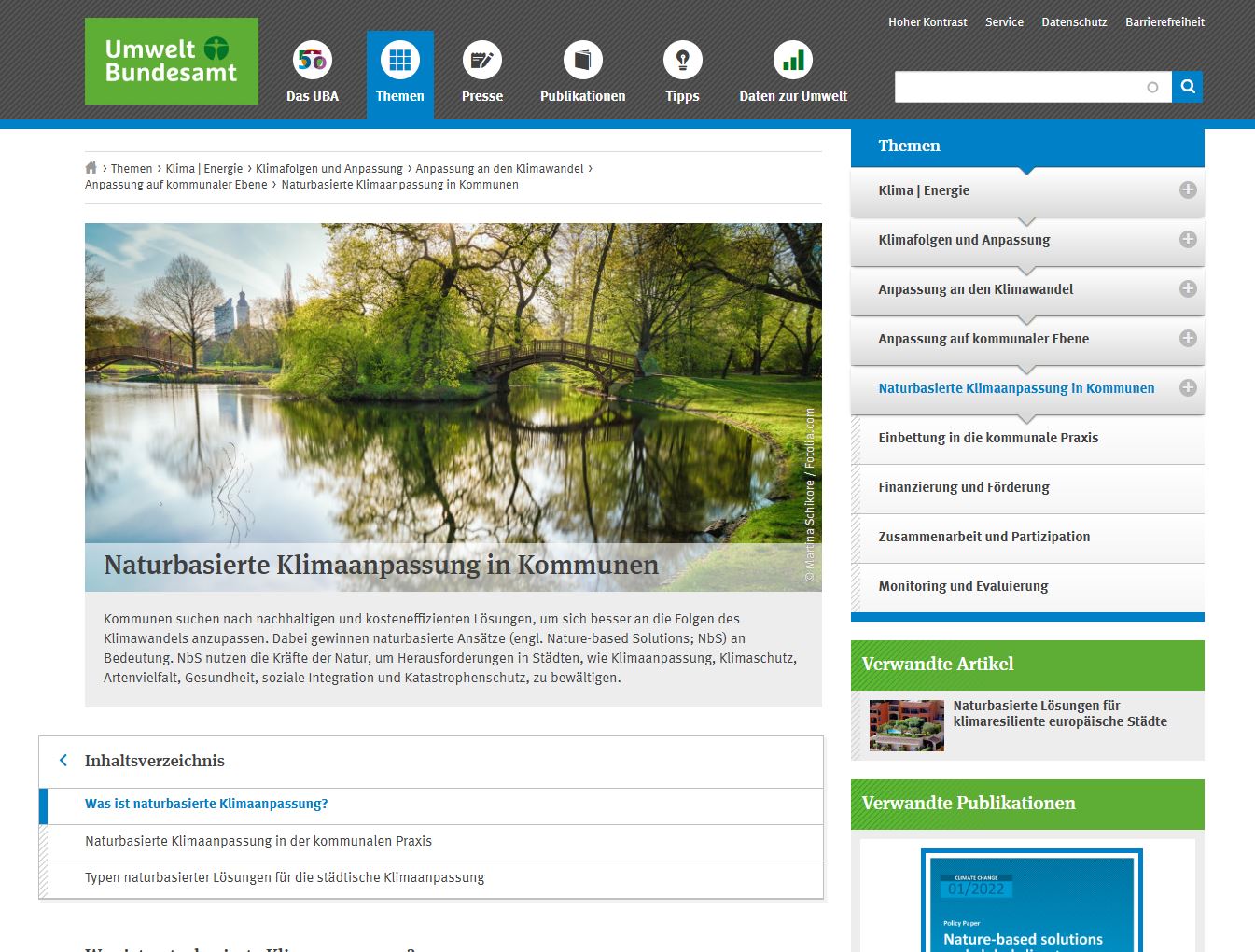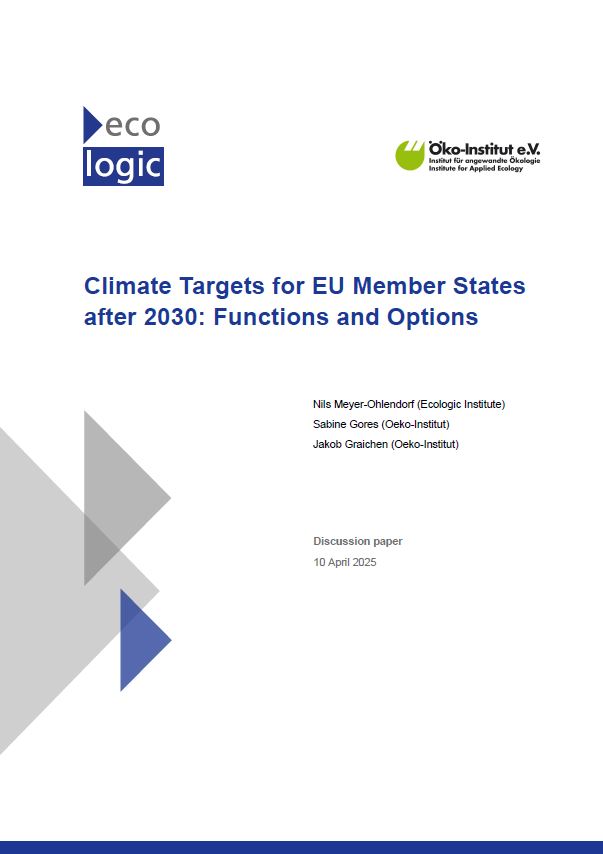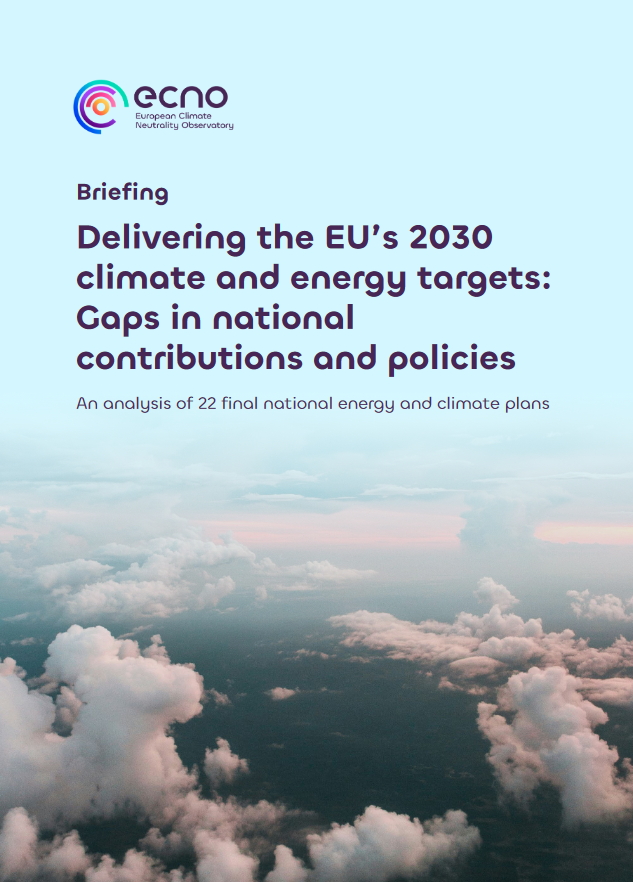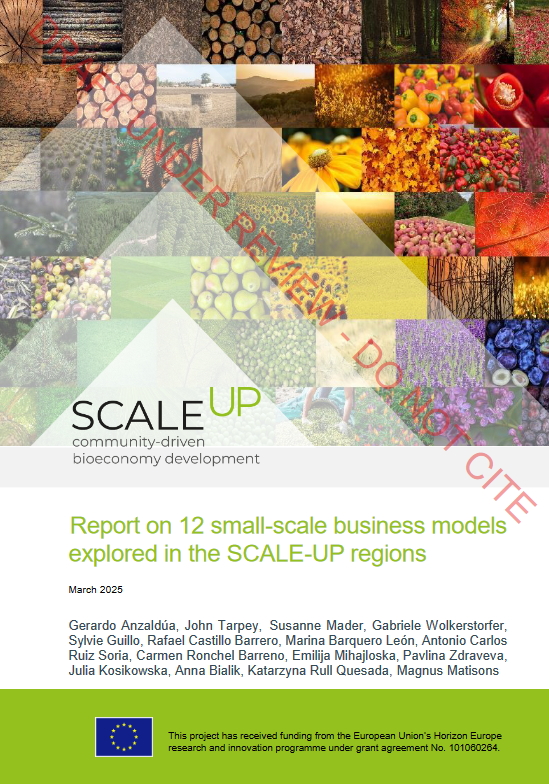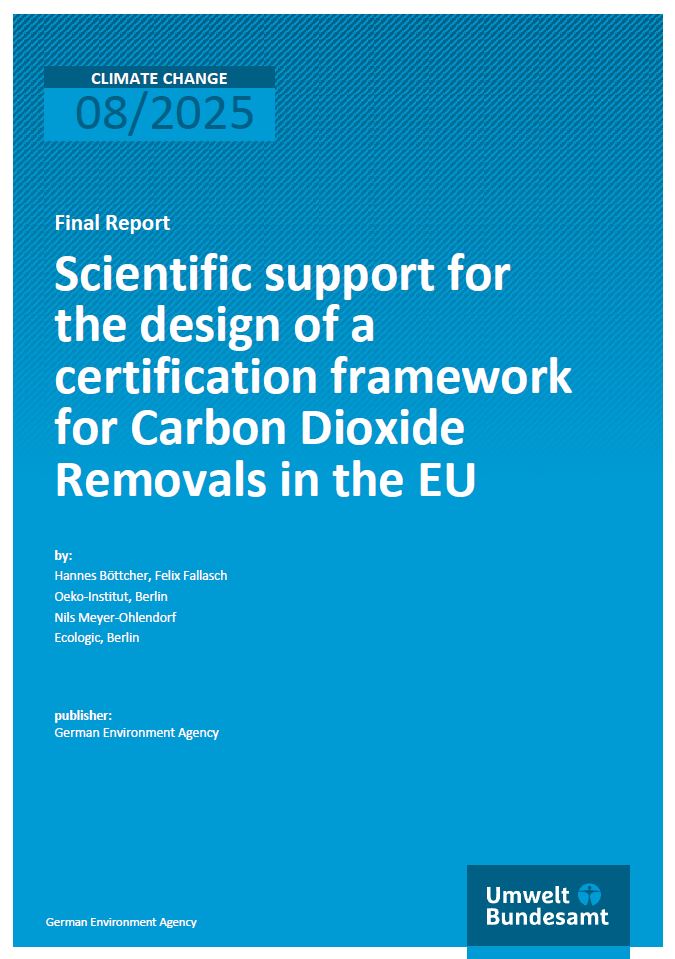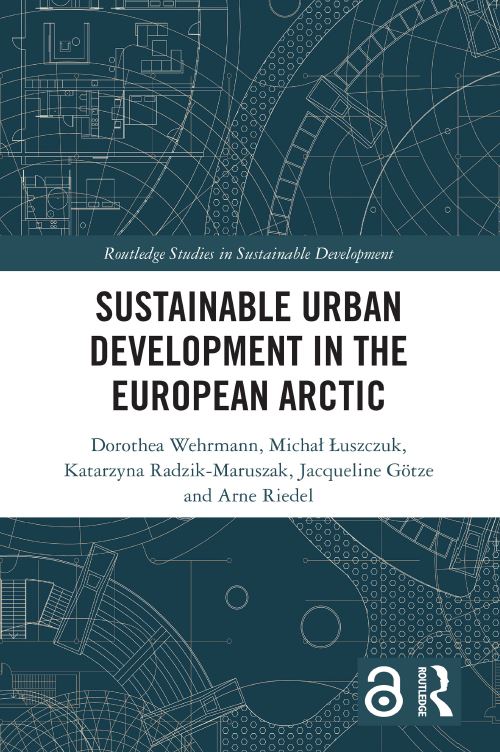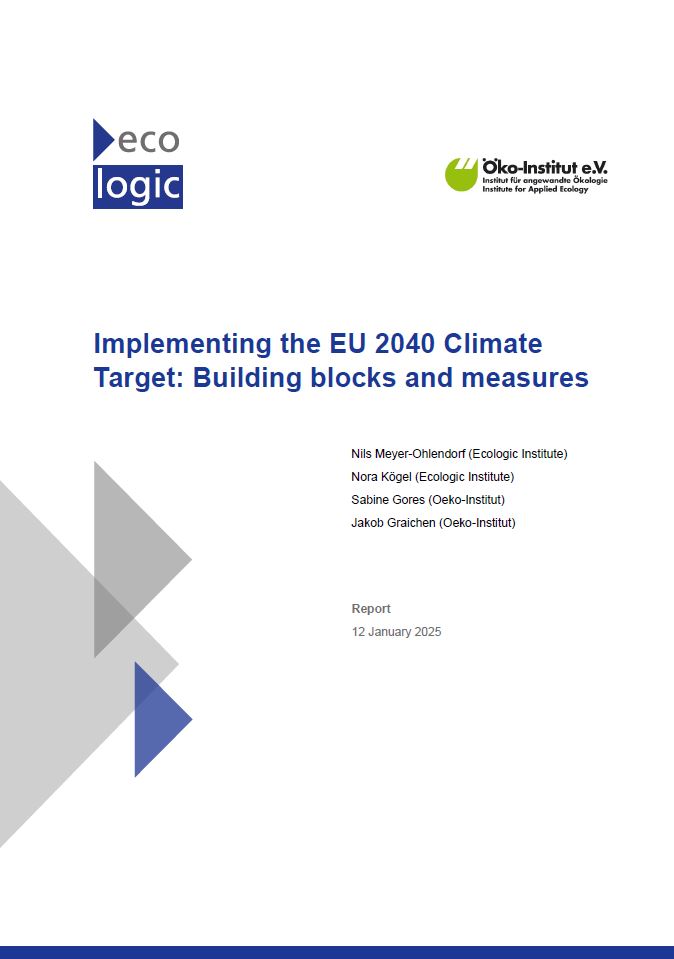Publication:Policy Brief
Publication:Book Section
Publication:Case Study
Czechia's Draft Penalty Rules for Violations of the EU Methane Regulation
Assessment of the draft law of 11 November
Year
Read morePublication:Report
Penalty Regimes for Violations of the EU Methane Regulation in Selected EU Member States
Debunking the "unmanageable liability" claim
Year
Read morePublication:Policy Brief
Smarter, Simpler, More Effective: Options to Improve EU Clean Transition Policy
Enhancing climate policy management through simplification
Year
Read morePublication:Fact Sheet
Moving from Interconnected Crises to Systemic Solutions
Resource efficiency, nature-based solutions, and systemic transformation as responses to the complexity of the triple planetary crisis
Year
Read morePublication:Report
Publication:Report
Implementing the EU Methane Regulation in Romania
A practical guide for public authorities
Year
Read morePublication:Report
Implementing the EU Methane Regulation in Czechia
A practical guide for public authorities
Year
Read morePublication:Report
Delivering 2030 Climate Targets
A snapshot of the transparency and policy information gaps of Member States' NECPs
Year
Read morePublication:Website
Publication:Document
Publication:Policy Brief
Publication:Report
Publication:Report
Publication:Report
Publication:Book
Publication:Report
